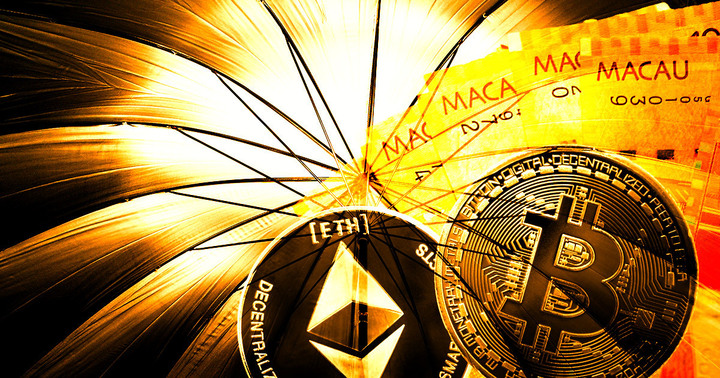Macau
Macau’s Executive Council has submitted a draft of an umbrella regulatory framework that concerns the legal standardization of all currencies in the region, including digital currencies, to the Legislative Council for deliberation, according to a news release by the Executive Council on Oct. 14.
If approved, the draft bill — titled “Legal regime for the creation and issuance of currency” — would make digital currencies legal tender and subject to regulation. No timeline for the approval process was mentioned.
The bill also noted that the establishment, circulation supply, type, and other features of the currencies would be under the purview of administrative regulations. The same would apply to the currencies’ issuance, the scope, and the introduction of new forms of digital currencies.
In addition, merchants and transportation operators must accept digital currencies as legal tender to accommodate the new legislation. Those who refuse to accept “legal tender “is considered to have committed a legal offensive and will be subject to a penalty between 1,000 and 1,000,000 Macanese pataca (MOP), which translates to $123.7 and $1,237, respectively.
Lastly, the Executive Council wrote that the bill would require issuers of currencies in Macau to amend the reclaim procedures to maintain the obligation to collect and change the reclaimed currencies.
The bill seeks to update the region’s 27-old regulatory system and align its economic and legal agendas with Hong Kong and Mainland China.
Potential CBDC implementation in Macau
The bill signals the possible integration of a CBDC in collaboration with China’s central bank to combat money laundering and tax evasion in Macau, the world’s largest hub for gambling casinos, as announced by Macau’s Chief Executive Ho Iat-seng on April 12, 2021.
The mandatory use of a CBDC to gamble in Macau casinos would be a deterrent for bad actors in the gambling sector. The plan is already in motion as of December 2020, when several casino operators were invited to discuss the feasibility of buying gambling chips with the digital yuan.
This dovetails with China’s efforts to integrate a common digital currency across Hong Kong, Macau, and Guangdong.

